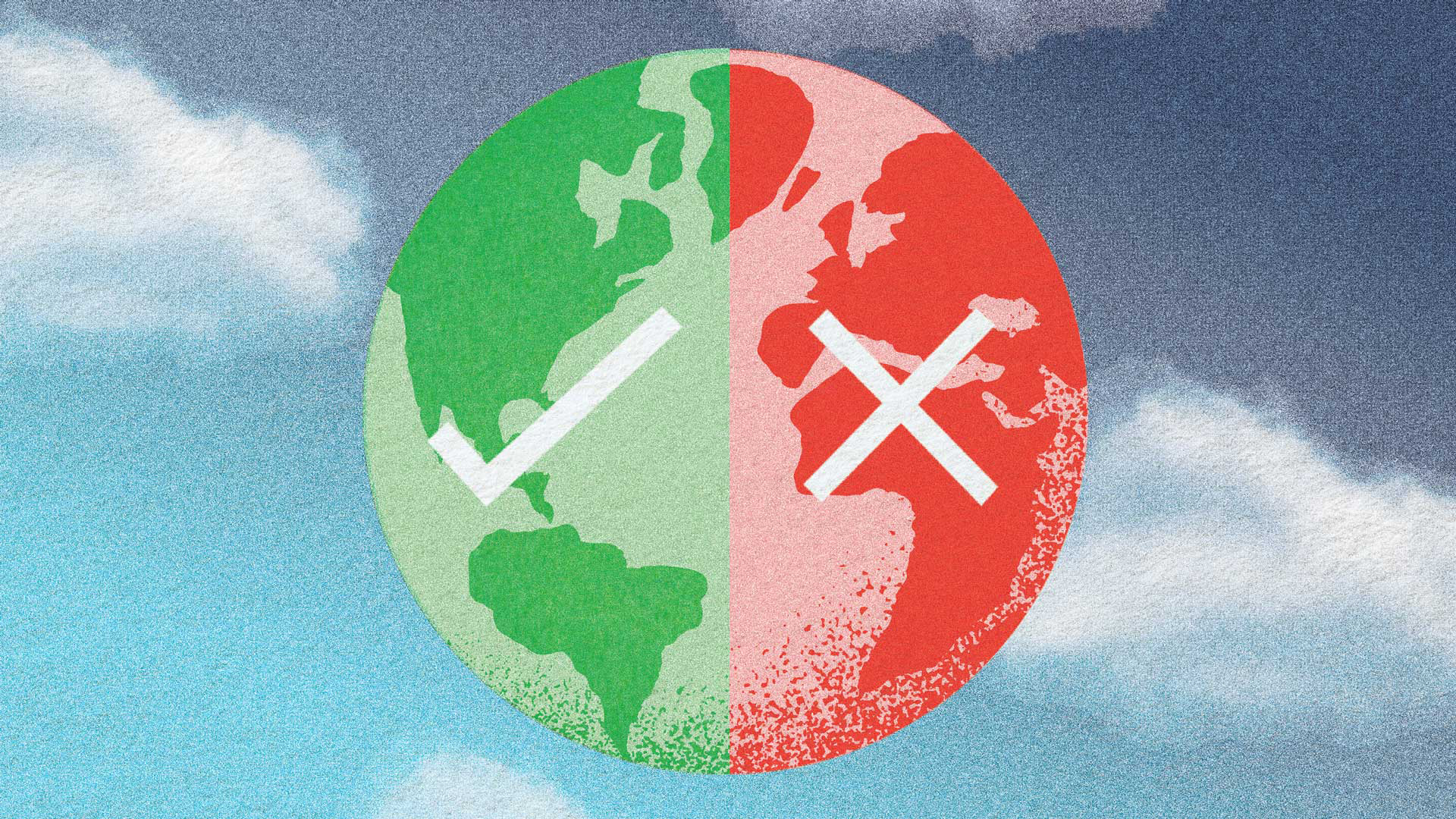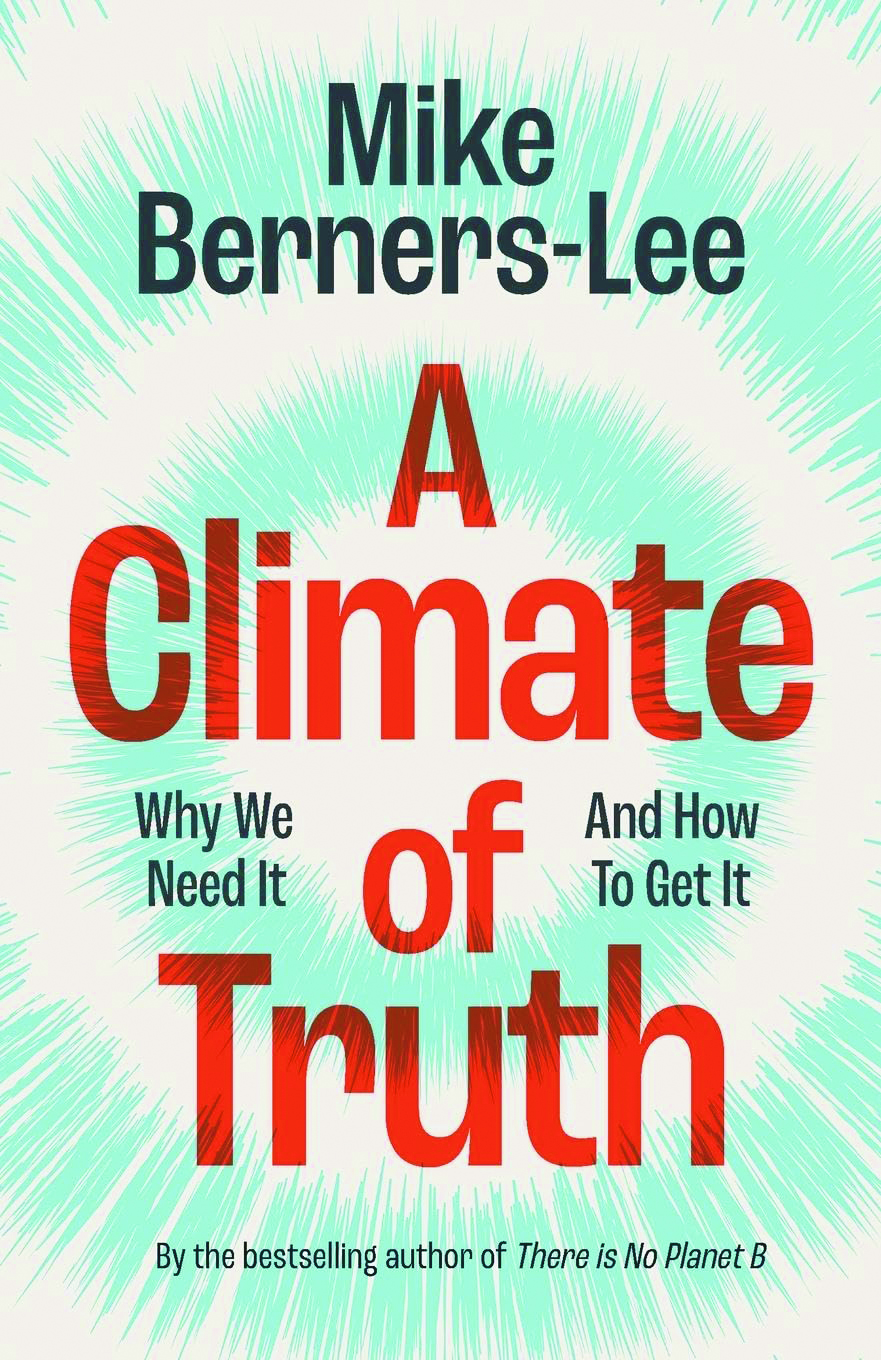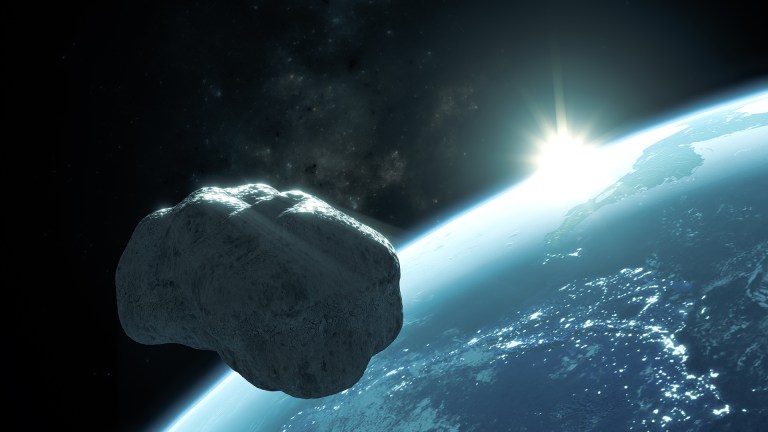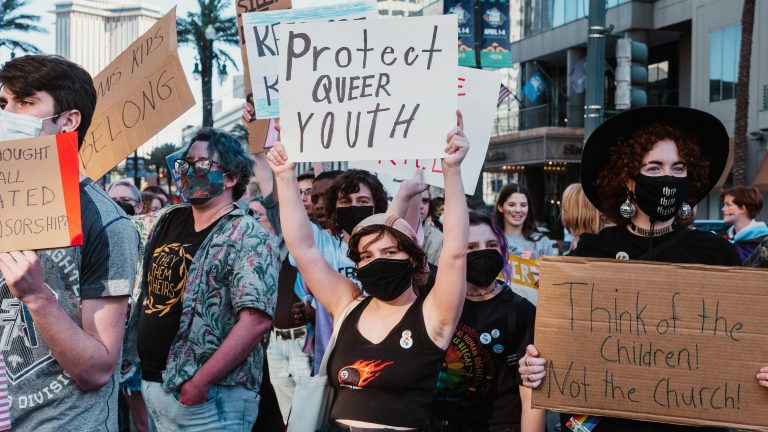I’ve been working on climate change for about 20 years now. During that time, the rate at which we have been pumping greenhouse gases into the atmosphere has been rising steadily despite the best efforts
of many millions of climate-aware people.
We have to face the fact that we are not getting anywhere at all; in fact, we are accelerating into not just a climate crisis, but a polycrisis, which includes severe depletion of nature and soil fertility, rising inequality and social unrest, alarming increases in pollution – particularly plastics, with damaging effects on human health and many other aspects.
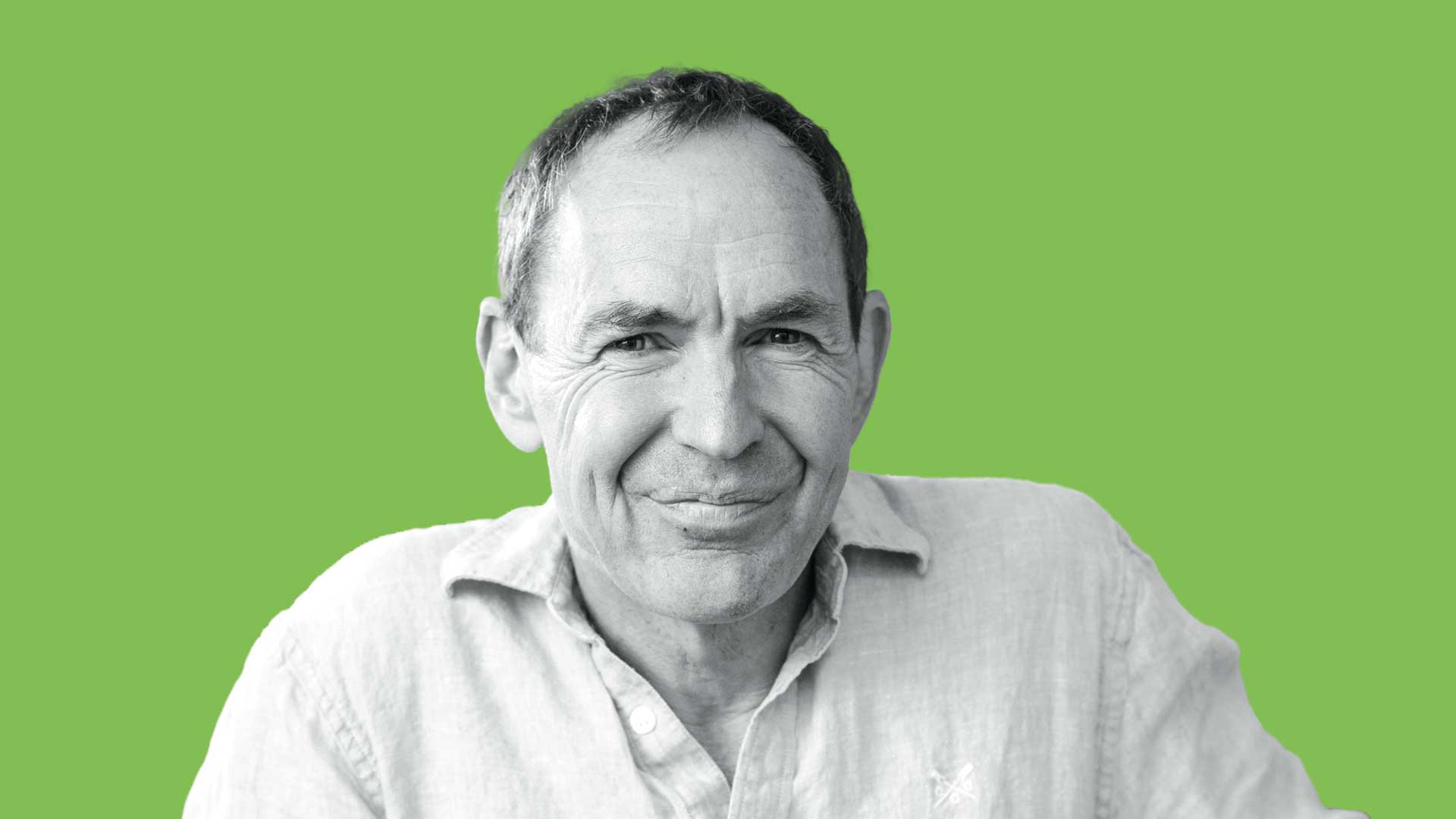
I don’t write these words to be depressing. I write them because only by fully facing the problem and our failure so far do we stand a chance of doing better.
I think there are many environmental campaigners and climate scientists who imagine themselves spending their whole lives calling for action, screaming ever-louder in fact, for the world to wake up, only to arrive at their death beds deeply frustrated, with possibly the one empty consolation of being able to say “I told you so”. I don’t want that to be how things turn out. So what do we do?
In my new book, A Climate of Truth, I home in on the role of honesty in our politics, media and business as a key point of leverage for us as citizens, readers and consumers. The book focuses on honesty because it is something we can all demand: those who deliberately mislead us need to know they risk losing our vote, our attention and our money.
There have to be consequences. We have had an age in which dishonesty has become normalised, because we have allowed it to be. The brilliant news is that we don’t need to put up with it. We can insist on better.
